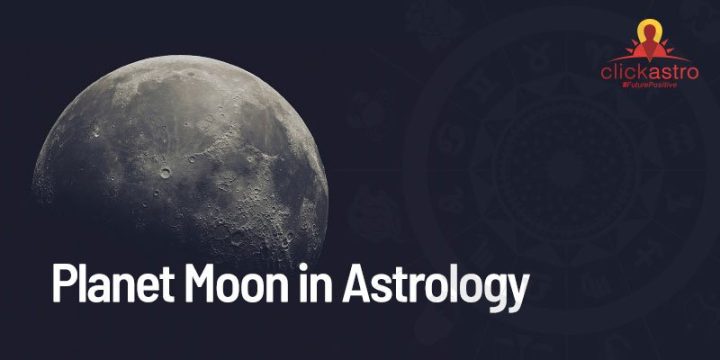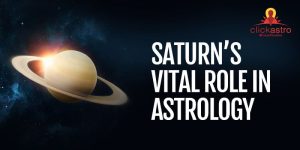kasthuriaravinth
★★★★★
Very useful
swapan kumar das
★★★★★
It's good
swapan kumar das
★★★★★
It's good
radharani8475
★★★★★
?????
megha rana
★★★★★
My astrology reading with Dr. Unnikrishnan was a truly memorable experience. It was extraordinary and enlightening. Dr. Unnikrishnan is an excellent and highly knowledgeable astrologer who gave me a detailed and in-depth analysis of my horoscope. He patiently answered all my questions and provided valuable guidance throughout the session. I would also like to thank Ananthu from Clickastro for recommending Dr. Unnikrishnan.
rameshkumar
★★★★★
???????????? ??????????? ??????????? ?????
balasubramanian
★★★★
Useful
pooja
★★★★
The report was detailed yet easy to understand. The predictions and remedies were helpful, and I already feel positive changes. Highly recommended
rajesh
★★★★★
Clickastro?s Rahu-Ketu transit report gave me accurate insights and practical remedies. A must-try for those seeking astrological guidance!
mantu ghosh
★★★★★
Tikeacha
anindya bhattacharyya
★★★★
Dear sir
i want to deep analysis report for the last 10 years very hard and bad phase in my life
loss of both senior citizens parents personal professional and financial loss worst period in my life mentally stress and anxiety and many worries for present and future.so i request on Sunday or Monday after 5.00 pm to check the horoscope in details and very deep analysis from present to future job loss also financial problems relationship problem with many people .
Please look into the matter and confirmed within 2 days time
Thanks
kamlesh kumar dixit
★★★★★
very best
anjali
★★★★★
I was debating between a new job offer and staying in my current role. This career horoscope showed a favorable period for a career shift, so I took the leap. Three months in, I?m in a much better position, just as the report suggested. It helped me make a confident decision.
vikram
★★★★★
When I read my full horoscope, I was shocked at how accurately it described my past experiences. It explained my career struggles and even mentioned a turning point in my personal life that happened exactly as described. The financial predictions gave me insights on when to take risks and when to hold back.
neha
★★★★
I always wondered why certain patterns kept repeating in my life. This horoscope explained it all?my strengths, struggles, and planetary influences. It even highlighted a challenging phase I went through last year with surprising accuracy. The predictions for the coming years give me a sense of direction.
amit
★★★★
This report helped me gain perspective on my career choices. It highlighted my strengths, the best career paths, and favorable periods for changes. The insights were practical and aligned well with my experiences.
priya
★★★★
A well-structured report covering all aspects of life?career, relationships, health, and finance. The planetary influences and future predictions were detailed yet easy to understand. It gave me clarity on key life decisions.
rahul
★★★★★
The report provided a detailed analysis of my personality, strengths, and challenges. The Dasha periods and planetary transits helped me understand upcoming opportunities. The insights felt personalized and accurate, making it a valuable read.
anil kumar mishra
★★★★★
Very useful
julia
★★★★★
Thank you so much guru ji??????????
sulekha hembram
★★★★★
Marriage type love marriage or arrange marriage
snigdha ghosh
★★★★★
Sundor
selvaraj pg
★★★★★
This is excellent soft ware
sreekutty p b
★★★★
Very useful
ashish smith paul
★★★★
Good
y reddy gnandra prasa
★★
Good
devern nicola simmons
★★★★★
Hi. Since having my vedic astrology horoscope from clickastro. My life have change for the better. There is so much revelations reveal in my horoscope report. Everyday I am looking forward for my daily report. Thank you Clickastro. For this much need information. You guys are doing a great job
rajita roy choudhury
★★★★★
Very much worries of delay in marriage decision and quickly predict exactly the month marriage is by God's blessings happy and blissful









The article is combine of huge knowledge about moon